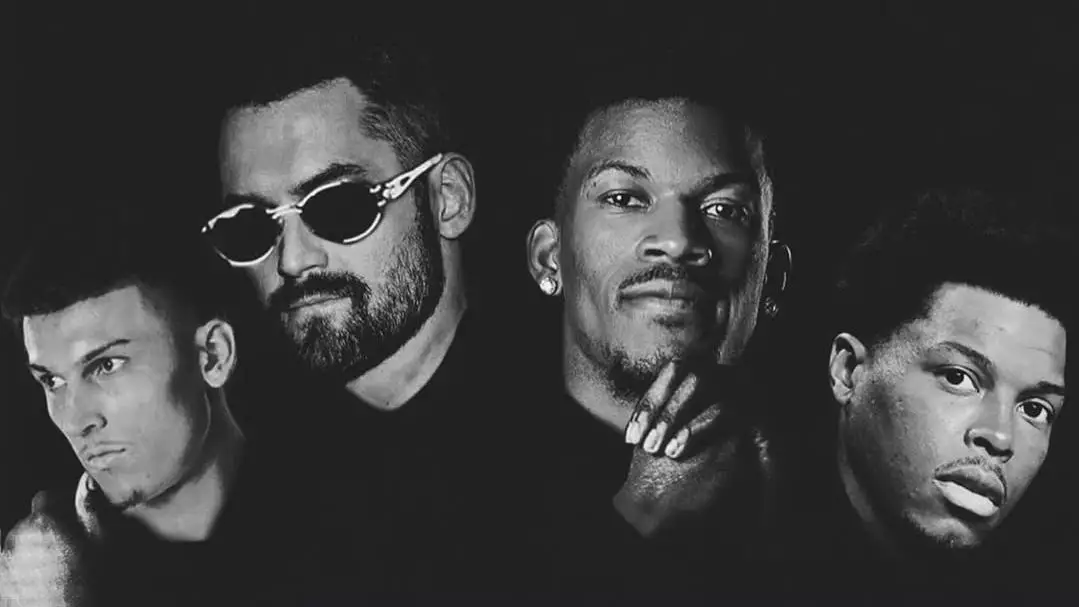In the complicated world of professional sports, satisfaction and performance often walk a tightrope. Jimmy Butler’s recent comments regarding his joy of playing basketball in Miami are the latest manifestation of this struggle. Following a disappointing performance against the Indiana Pacers, where he managed a mere nine points for the second game in a row, Butler opened up about his mental state. “I want to see me getting my joy back playing basketball,” he lamented, highlighting a personal crisis that extends beyond mere statistics.
Butler’s introspective remarks point to a deep discontent that may not only jeopardize his performance but also affect the morale of his teammates. When a player of Butler’s stature feels disenfranchised, the landscape of the team can be dramatically altered. The emotional toll is evident, particularly for individuals like Kevin Love, who took to social media to express solidarity by referencing a classic Boyz II Men album, alluding to the nostalgia of camaraderie that seems to be fading away.
The Impact of Social Media on Professional Relationships
In an era where social media shapes narratives within the sports realm, Love’s subtle nod to the potential departure of Butler skews public perception. His post, which cleverly echoed the “End of the Road” sentiment, was more than just a playful reference – it was a reflection of the anxiety brewing within the team. The fact that Love pulled the post due to copyright issues further emphasizes the fragility of internal dynamics; every word and sentiment is amplified in a public forum, making it vital for players to navigate their expressions delicately.
Moreover, the unsanctioned transparency of social media allows fans and analysts alike to speculate about team chemistry and player intentions, leading to a narrative landscape where conjecture becomes almost as significant as the statistics on a scorecard. Butler’s links to potential trade destinations – such as the Phoenix Suns or Golden State Warriors – have stirred a sea of speculation, adding fuel to a fire that could potentially consume the Heat’s season if not addressed properly.
Organizational Stability vs. Individual Aspirations
Amid the tumultuous backdrop, Miami Heat President Pat Riley’s firm declaration of not trading Butler stands as an attempt at stability. Yet, this assertion only underscores the friction between organizational strategy and individual aspirations. For Butler, the last year of his contract and rumors of his intention to decline a lucrative player option for the future serves as a clock ticking toward inevitable change.
As players like Butler navigate their careers seeking joy and success, the organizations that house them must also grapple with the reality of their ambitions. When a six-time All-Star publicly struggles with contentment, it nudges at the fragile balance between business and personal sentiment in sports. It remains to be seen whether Butler can rekindle his passion for the game in Miami or if the mounting pressure will push him to seek fulfillment elsewhere.
Jimmy Butler’s situation encapsulates the multifaceted nature of professional sports, where the intersection of joy, performance, and business interests can become conflated. As the Miami Heat face the uncertainty surrounding their star player’s future, both Butler and the organization must tread carefully, aware that happiness and success rarely exist in isolation from one another. The world of basketball continues to evolve, and it remains crucial for both players and teams to adapt and seek harmony in the pursuit of greatness.

